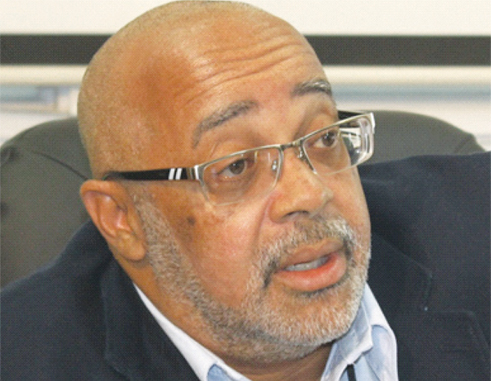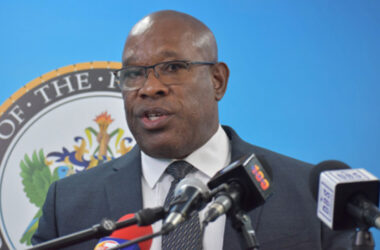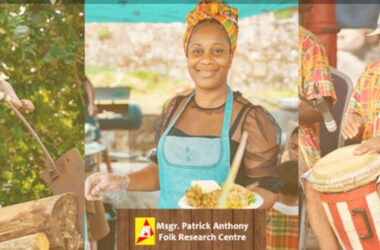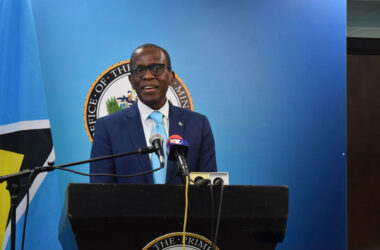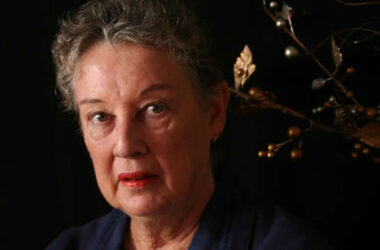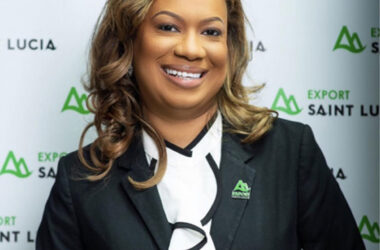OECS Director General Laments Lack of Support for CCJ.
THE Institute of Chartered Accountants of the Eastern Caribbean has been launched with the Director General of the Organisation of Eastern Caribbean States (OECS) Dr.Didacus Jules praising the effort to move away from a colonial past and mindset.
In a message marking the occasion, Jules noted that the late former Barbados Prime Minister Errol Barrow, whom he described as “one of the brightest luminaries of Caribbean integration,” had made it abundantly clear that his government had absolutely “no intention of loitering on colonial premises long after closing time”.
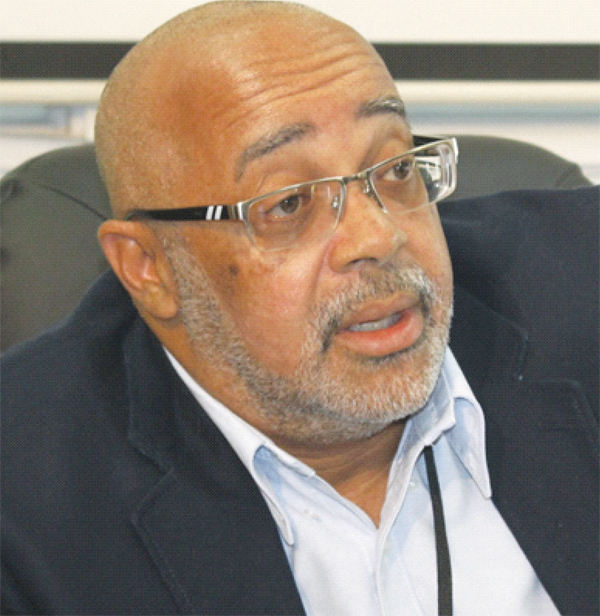
But Jules noted that 183 years after the abolition of slavery and 50 years after the first dawn of sovereign independence in this region “we are, in many respects still loitering on colonial premises after closing time.
“We are mentally loitering as evidenced in the persistence of the perspective that nothing of integrity, nothing of global value and nothing of substance can emerge from Caribbean soil. We are still loitering institutionally as evidenced by the reluctance, timidity and vacillation around our full embrace of the Caribbean Court of Justice (CCJ).
“And the saddest part of that reality is that we continue to loiter long after we have been served our eviction notice! The Privy Council itself has indicated in no uncertain terms that it does not wish to continue to exercise jurisdiction over us.”
The CCJ was established in 2001 to replace the Privy Council as the region’s final court, but while many of the Caribbean countries are signatories to its Original Jurisdiction, only Barbados, Belize, Dominica and Guyana have signed on to the Appellate Jurisdiction of the Trinidad-based CCJ that also serves as an international tribunal interpreting the Revised Treaty of Chaguaramas that governs the regional integration movement.
Jules told the launch of the Institute that the hegemony of external control and dictation continues in many dimensions of “our national lives in many spheres and it persists to our continuing detriment” and urged the Caribbean to recognize the truth of the assertion by another luminary of regional integration, the Jamaican former prime minister P J Patterson.
Patterson had warned that “none of us should believe that Autonomy and Independence constitute irreversible and unassailable gains for relatively small and powerless nations.
The shadow of globalization is as long as its grip is strong, and it carries within it the potential – if not the intention – by the powerful to make client-states of the weak and vulnerable, opening them-up as markets; assuming once again control of their factors of production; and reducing them to a state of dependency that compromises their autonomy.”
Jules said that the contextual picture that he had painted he hopes would serve to highlight the great significance of the launch of the Institute of Chartered Accountants of the Eastern Caribbean.
“This marks the assumption of full professional responsibility by Chartered Accountants of the Eastern Caribbean – you are taking back the power that never should have been ceded.
“Let us have no illusion that the growth and evolution of this Institute will be faced with many challenges but the greatest of these will be the battle for acceptance and respect – not externally but internally. To win this battle, the Institute will need, from the outset, to adhere to the highest ethical and professional standards, undertake a vigorous and broad public sensitization campaign, build a foundation for sustainable growth and establish strong strategic relationships globally with best in class allies.”
He said that the members should understand that their success in this venture is not just about the accounting profession in the Caribbean coming into its own.
“Every professional body in the OECS in particular which creates this platform for global competitiveness and self-regulation helps, in so doing, to consolidate the unity and capacity of the Single Economic and Domestic Space.”


